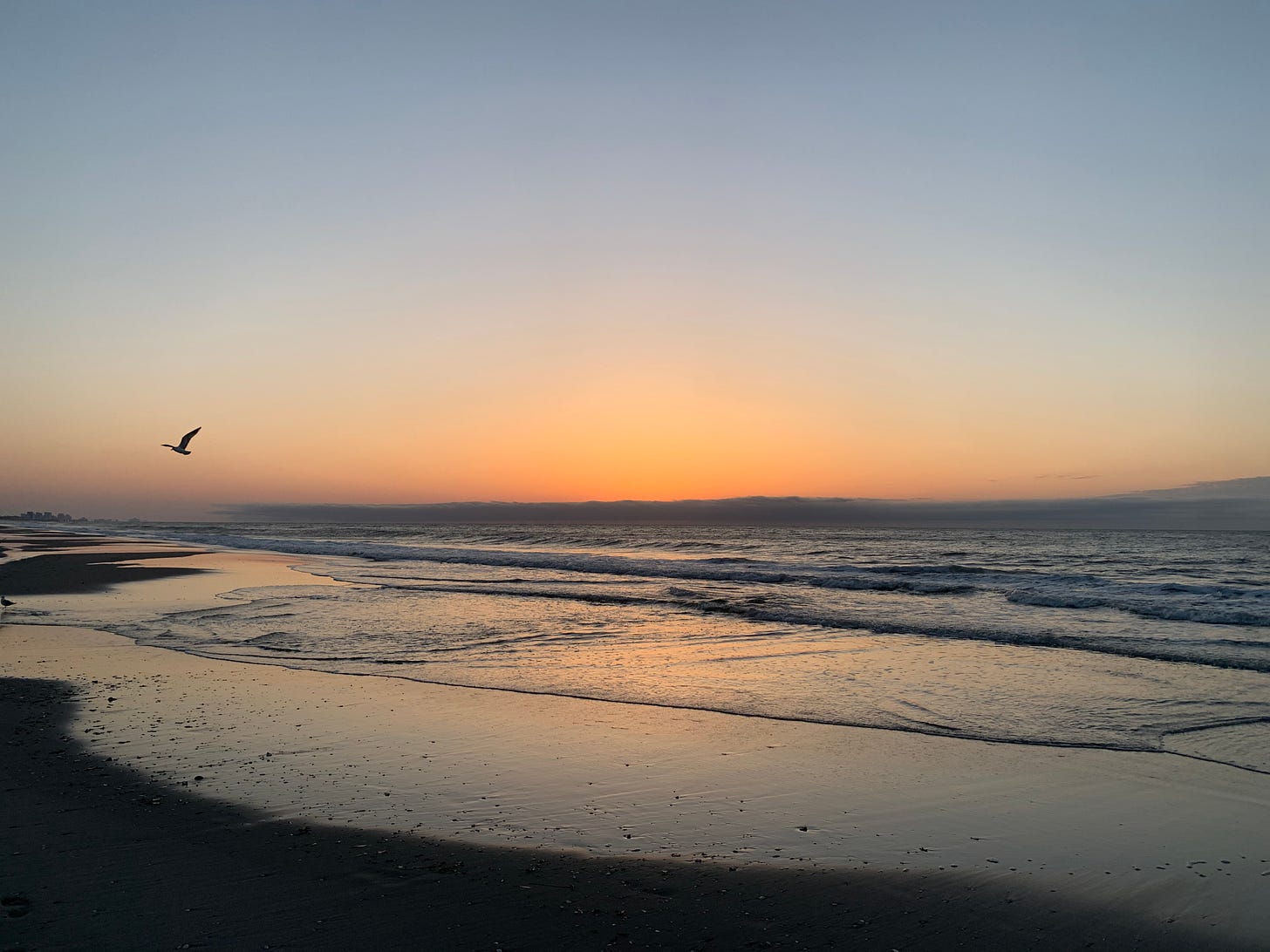Your Story Matters
Reflection
Nowhere in life do we create and observe more patterns than relationships with self and other. To be a person, a human being, is to be a living system, a “standing together” of events, experiences, stories, face-to-face connections in speech and action, woven together into a tapestry of such size that a lifetime on earth could not provide a big enough panoramic lens to take it all in at once.
How do we begin to trace the threads of that tapestry? Well, what does any parent and 5 year old do after the first day of school? They share and listen to stories. “How was it? How did you like your teacher? Was there anything scary? Did you meet any new friends? What did you do at recess?” In that moment, the parent is enabling the child to sow the thread of those hours into life’s tapestry. It is then available for later re-telling, and through re-telling making connections to other parts of the tapestry however near, like the last day of school that year, or however far, when first entering the previously unknown and daunting classroom of loss.
Given the scientific evidence for the designed priority for right-brain oriented living, it is no surprise that God’s predominant mode of written revelation is story. Our ability to engage that story corresponds to the degree that we engage our own story, telling and hearing and writing and reading and enacting our own personal stories to and with others. Of course, the left brain can tell stories. But it can’t feel them. To listen to a friend’s story and allow yourself to feel, to react with embodied empathy, that is like a full-body workout for the right brain.
Quotation from Frederick Buechner
Maybe nothing is more important than that we keep track, you and I, of these stories of who we are and where we have come from and the people we have met along the way because it is precisely through these stories in all their particularity, as I have long believed and often said, that God makes himself known to each of us most powerfully and personally. If this is true, it means that to lose track of our stories is to be profoundly impoverished not only humanly but spiritually.
Recommended Reading
To Be Told by Dan Allender
The Other Half of Church: Christian Community, Brain Science, and Overcoming Spiritual Stagnation by Jim Wilder and Michael Hendricks
Question
What are some steps you could take to grow as a storyteller and as a story-listener?
Praying for and laboring with you,
Aaron Hann
